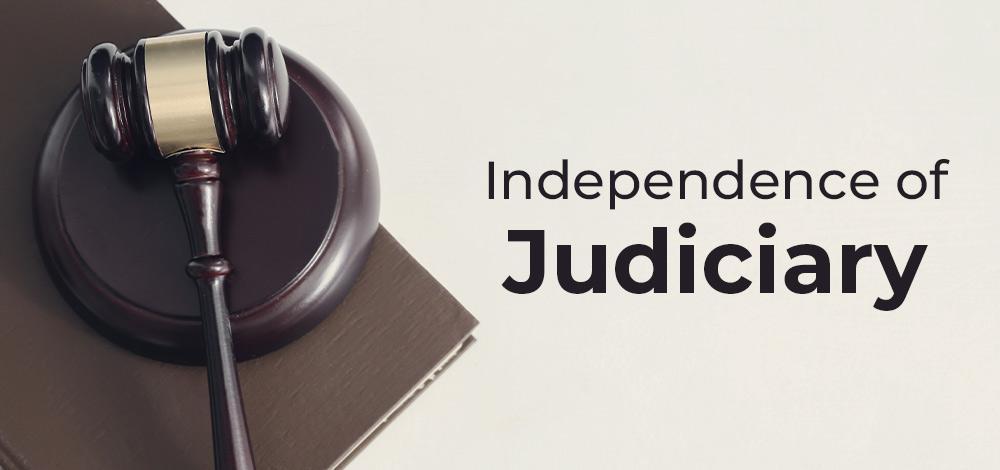Functional judicial reforms in a federation are crucial for ensuring the effective functioning of the judicial system and upholding the rule of law. When considering reforms, it is important to focus on improving the efficiency, accessibility, and fairness of the judicial process. This can include initiatives to address case backlogs, streamline legal procedures, enhance judicial transparency, and promote judicial independence.
In a federation, it is essential to have checks and balances among the legislature, executive, and judiciary to prevent the concentration of power in any one branch of government. The separation of powers and the existence of checks and balances help to ensure that no single branch can dominate the others, thereby preventing potential abuses of power.
Controlling the judiciary by the executive can undermine the independence of the judiciary and compromise its ability to act as a check on the other branches of government. Judicial independence is essential for ensuring that the judiciary can impartially interpret and apply the law, without undue influence from the other branches of government. When the judiciary is controlled by the executive, it can lead to biased decision-making, erosion of public trust in the judicial system, and a weakening of the rule of law.
By maintaining a system of checks and balances, the judiciary can act as a safeguard against potential abuses of power by the legislature and executive. This separation of powers helps to preserve the integrity of the judicial system and uphold the fundamental principles of justice and fairness in a democratic society.
The proposed constitutional amendments in Pakistan have sparked significant discussions and debates regarding the potential impact on the country’s judicial structure. The envisioned changes include the establishment of a ‘Federal Constitutional Court’ with superior authority over the Supreme Court in deciding constitutional matters. Additionally, the government and legislative branches would have a more influential role in appointing and removing judges of the superior judiciary, raising concerns about the balance of power among the branches of government.
While the objective of rebalancing the judiciary’s capability and capacity to review executive actions and limit its influence on government formation and stability holds merit, there are urgent concerns about the potential pitfalls of these reforms. One immediate and crucial issue is the failure to address the primary causes of delay in the judicial system, particularly pertaining to civil and criminal cases. The proposed amendments do not effectively tackle the substantial reasons for delay, which predominantly occur at the level of civil courts and magistrates. Immediate action is needed to address these issues to prevent further deterioration of the judicial system.
Furthermore, there are apprehensions that the amendments may undermine the efficiency of the high courts’ writ jurisdiction, which currently serves as a relatively effective mechanism for addressing illegal state actions. Granting the government and legislative branches greater control over the appointment and removal of judges raises the specter of potential bias in judicial decision-making, as judges may be influenced by the fear of reassignment or removal based on their rulings.
Moreover, there is a growing apprehension that if the final court for appeals is influenced by the government’s discretion, litigants may choose to refrain from seeking judicial review of executive or legislative actions. This could not only erode public trust in the judiciary but also limit access to fair dispute resolution, potentially leading to an increase in extrajudicial resolutions and associated social unrest, thereby undermining the very fabric of the judicial system. The erosion of public trust in the judiciary is a serious consequence that could have far-reaching implications for the rule of law in Pakistan.
Acknowledging the need for comprehensive judicial reform, it is essential to critically evaluate whether the proposed constitutional amendments effectively address the systemic issues and serve the best interests of the citizens. While the intention to recalibrate the relationship between the branches of government is understandable, it is imperative to ensure that the reforms do not compromise the independence and efficacy of the judiciary in upholding the rule of law and safeguarding citizens’ rights.
















